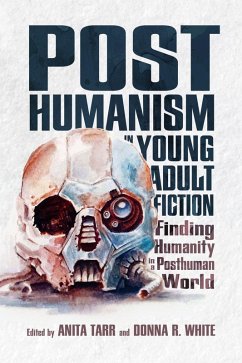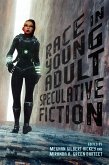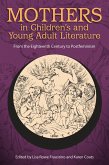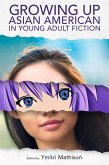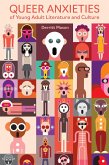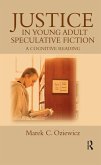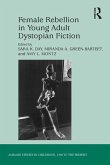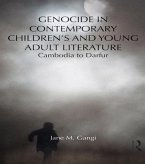Contributions by Torsten Caeners, Phoebe Chen, Mathieu Donner, Shannon Hervey, Angela S. Insenga, Patricia Kennon, Maryna Matlock, Ferne Merrylees, Lars Schmeink, Anita Tarr, Tony M. Vinci, and Donna R. White
For centuries, humanism has provided a paradigm for what it means to be human: a rational, unique, unified, universal, autonomous being. Recently, however, a new philosophical approach, posthumanism, has questioned these assumptions, asserting that being human is not a fixed state but one always dynamic and evolving. Restrictive boundaries are no longer in play, and we do not define who we are by delineating what we are not (animal, machine, monster). There is no one aspect that makes a being human-self-awareness, emotion, artistic expression, or problem-solving-since human characteristics reside in other species along with shared DNA. Instead, posthumanism looks at the ways our bodies, intelligence, and behavior connect and interact with the environment, technology, and other species.
In Posthumanism in Young Adult Fiction: Finding Humanity in a Posthuman World, editors Anita Tarr and Donna R. White collect twelve essays that explore this new discipline's relevance in young adult literature. Adolescents often tangle with many issues raised by posthumanist theory, such as body issues. The in-betweenness of adolescence makes stories for young adults ripe for posthumanist study. Contributors to the volume explore ideas of posthumanism, including democratization of power, body enhancements, hybridity, multiplicity/plurality, and the environment, by analyzing recent works for young adults, including award-winners like Paolo Bacigalupi's Ship Breaker and Nancy Farmer's The House of the Scorpion, as well as the works of Octavia Butler and China Miéville.
For centuries, humanism has provided a paradigm for what it means to be human: a rational, unique, unified, universal, autonomous being. Recently, however, a new philosophical approach, posthumanism, has questioned these assumptions, asserting that being human is not a fixed state but one always dynamic and evolving. Restrictive boundaries are no longer in play, and we do not define who we are by delineating what we are not (animal, machine, monster). There is no one aspect that makes a being human-self-awareness, emotion, artistic expression, or problem-solving-since human characteristics reside in other species along with shared DNA. Instead, posthumanism looks at the ways our bodies, intelligence, and behavior connect and interact with the environment, technology, and other species.
In Posthumanism in Young Adult Fiction: Finding Humanity in a Posthuman World, editors Anita Tarr and Donna R. White collect twelve essays that explore this new discipline's relevance in young adult literature. Adolescents often tangle with many issues raised by posthumanist theory, such as body issues. The in-betweenness of adolescence makes stories for young adults ripe for posthumanist study. Contributors to the volume explore ideas of posthumanism, including democratization of power, body enhancements, hybridity, multiplicity/plurality, and the environment, by analyzing recent works for young adults, including award-winners like Paolo Bacigalupi's Ship Breaker and Nancy Farmer's The House of the Scorpion, as well as the works of Octavia Butler and China Miéville.
Dieser Download kann aus rechtlichen Gründen nur mit Rechnungsadresse in A, D ausgeliefert werden.

